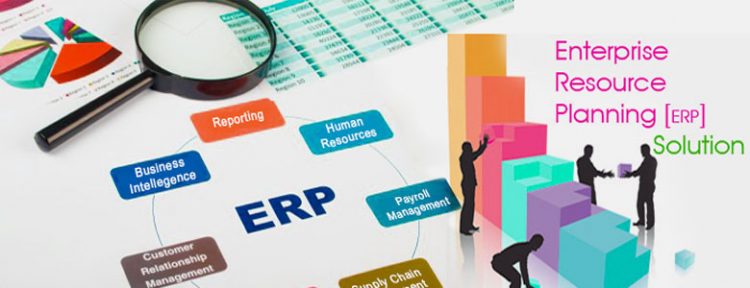ERP stands for Enterprise Resource Planning which is a software package that connects effortlessly with a company’s functions and activities to deliver optimised and timely insights across shared data stores. An erp solutions kit is a fantastic addition to any business because it offers various benefits, including the following:
- It improves the efficiency of job processes.
- Assists in superior customer support.
- Provides real-time data on raw material supply, sales rates, and cash flow.
- Ensures the evidence is processed quickly, minimising paperwork.
- It is well-suited to global operations because it contains both local and international attributes needed for global operations.
In short, an ERP scheme will increase efficiency and, as a result, earnings, both tangible and intangible.
ERP, like everything else, has its pitfalls. ERP deployment requires time and resources due to the high degree of configuration and complex interfaces, and it can have a huge impact on the company’s operating climate. The benefits of ERP tech, on the other hand, still outweigh the disadvantages, and it has become a kind of requirement for the automotive industry, transportation market, and delivery & retail stores.
To incorporate erp solutions, businesses should conduct a comprehensive search and consider the various choices based on their characteristics and capabilities. The following are the most crucial:
Financial Management
Since businesses are continuously scrutinised by financial regulatory bodies, good financial management is an integral component of any ERP solutions. A financial reporting module has many advantages. It guarantees that businesses comply with financial statements and tax regulations. Managers will also improve financial results by monitoring costs in real-time, optimising cash flows, and ensuring more reliable and effective financial statements.
Human Resource Management (HRM)
Previously, Human Resource ERP modules were limited to employee administration, payroll management, and a few other legal reporting requirements. However, the solution has progressed and now extends beyond the limitations. The most recent tools will address a wide range of activities, including talent acquisition, preparation, recruiting, performance evaluation, time and attendance, and many others. Also, the platform offers personalised insight into traditional HR processes.
Supply Chain Management (SCM)
In today’s intensely dynamic market, a company’s ability to accurately measure production, availability, manufacturing position, logistics, and delivery is critical. Failure to do that will harm the company’s activities and sour relationships with distributors. It may also damage the company’s image in the marketplace. An ERP supply chain module manages all stages of the supply chain, from design to fulfilment.
Customer Relationship Management (CRM)
Customers are a company’s most precious commodity, and no one can afford to lose them. When you have a huge client base, meeting their demands on schedule becomes a challenge. A customer experience management module (CRM) provides a smooth exchange of knowledge between the sales and marketing teams, allowing them to better understand customer preferences and trends.
Third-Party Interoperability
No two companies are alike, and even though they are, their processes or conditions are likely to be distinct. If those special needs aren’t met in their current ERP scheme, it will necessitate new arrangements. As a result, the ERP system must be flexible and interoperable, with no integration headaches. Installing erp solutions is a difficult challenge, and more customisation to meet company requirements complicates the method. As a result, choosing an ERP kit with the right functionality and capabilities is critical if you want to get the most out of your investment.














